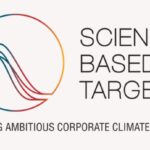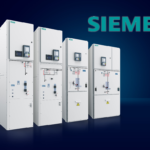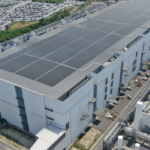ASIA ELECTRONICS INDUSTRYYOUR WINDOW TO SMART MANUFACTURING
Yamaha to Tap Hydrogen Gas in New Test Facility
Yamaha Motor Co., Ltd. has announced plans to build a new verification testing facility at its Morimachi Factory in Japan’s Shizuoka prefecture. Specifically, the planned facility will have a melting furnace and heat treatment furnace using hydrogen gas.
From 2025, Yamaha Motor will begin the development and verification of technologies and techniques for melting aluminum alloy using hydrogen gas. In addition, it will also conduct comprehensive verification testing for requisite facilities, equipment, and more.
Thus, by end of 2026, the company will be able to complete the development of technologies for melting aluminum alloy and heat-treating cast parts using hydrogen gas. Gradually, it will implement them at its domestic and international casting factories from 2027 onward.
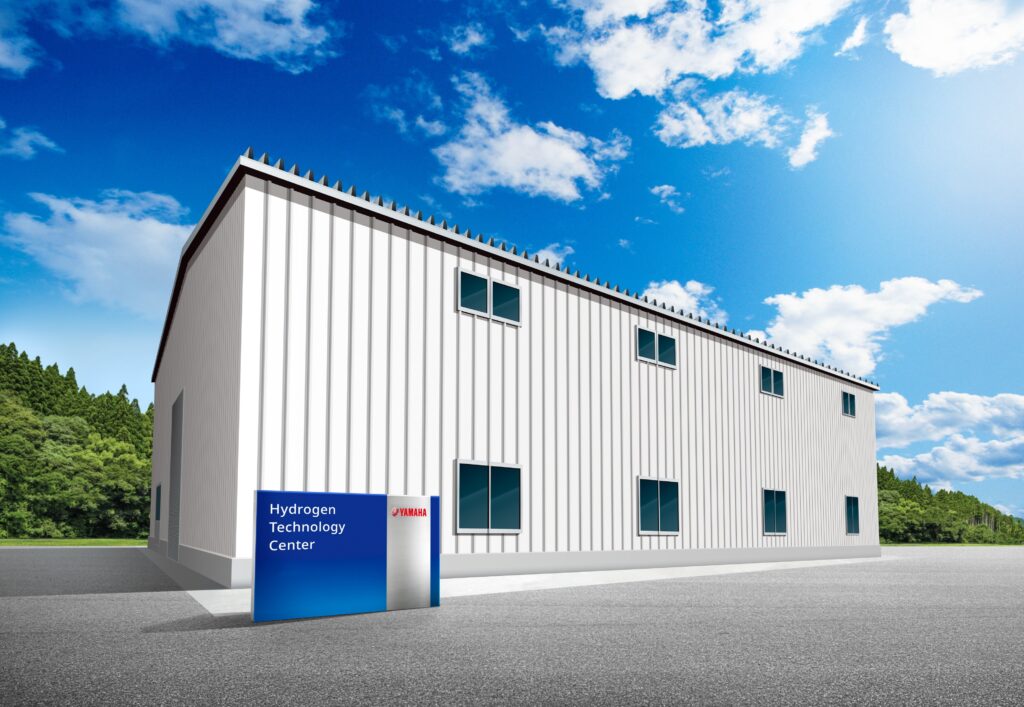
Aims for Carbon Neutrality
This verification testing is part of Yamaha Motor’s efforts to minimize Scope 1*¹ CO₂ emissions across the life cycles of its products. Presently, natural gas and fossil fuels provide thermal energy for melting aluminum alloys. Thus, they are necessary in manufacturing motorcycle parts, outboard motors, and other products.
However, Yamaha Motor, in its search for alternative energy sources, found out electrification is not a suitable alternative for the melting process. Specifically, because the process requires huge amount of heat and electrification will not be energy efficient in the long run. For that reason, the company turned its attention to hydrogen energy. Yamaha Motor is already studying this as an option for reducing Scope 3*² emissions.
The verification testing will examine the influence hydrogen gas on quality and in developing temperature control techniques using hydrogen burners. Moreover, it is also considering the introduction of equipment for producing green hydrogen and methanation equipment*³. Currently, the company is already conducting a joint research with Shizuoka University in producing e-methane without needing external heat sources.
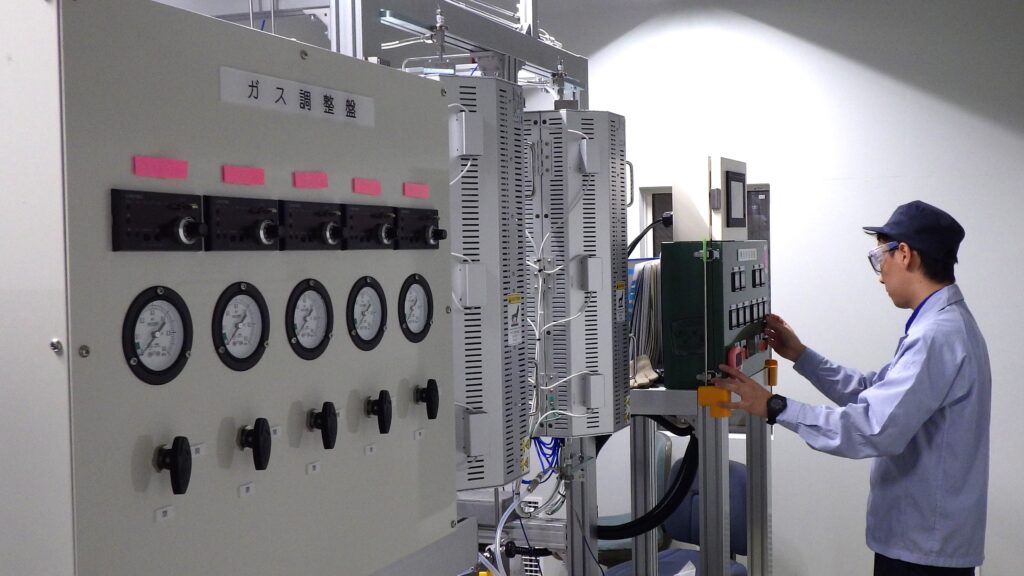
Yamaha Motor will work to develop equipment for producing hydrogen gas at low cost as well as technologies for capturing and reusing the CO₂ in exhaust gases.
Yamaha Motor, in line with its Yamaha Motor Group Environmental Plan 2050, is working towards carbon neutrality*⁴ on all of its supply chains by 2050. This includes the company’s business activities.
Furthermore, with Scope 1 and Scope 2 emissions, the company has accelerated its plans to achieve carbon neutrality at its manufacturing sites by 2035. This includes group companies and are ramping up our efforts to that end.
Notes:
*1 Emissions produced as a direct result of business activities (product manufacturing and fuel combustion)
*2 Emissions produced from the Company’s value chain, e.g., product use, deliveries, transportation
*3 Equipment for producing e-methane by using a catalyst to create a CO₂ and hydrogen reaction
*4 Emissions as a direct result of business activities (Scope 1 and 2) and emissions outside of these (Scope 3)
10 July 2024


